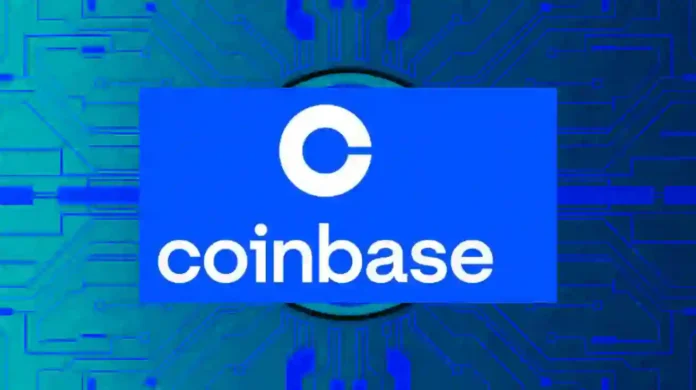Coinbase has strongly criticized the Federal Deposit Insurance Corporation (FDIC) for requesting a delay in a high-profile lawsuit concerning transparency over banking restrictions placed on cryptocurrency firms. In a recent court filing, the crypto exchange objected to the FDIC’s request for a 16-day extension, calling it a stall tactic and legally unjustified.
At the heart of the legal dispute is Coinbase’s effort to uncover internal FDIC communications, which it believes reveal a behind-the-scenes initiative to cut off crypto companies from the U.S. banking sector. Coinbase and other industry players have referred to this alleged effort as “Operation Chokepoint 2.0”—a shadowy campaign aimed at discouraging financial institutions from servicing crypto-related businesses.
Paul Grewal, Coinbase’s Chief Legal Officer, took to social media to voice his frustration. On X (formerly Twitter), he called the FDIC’s request “absurd,” underscoring the company’s view that the agency is simply trying to dodge its obligations under the Freedom of Information Act (FOIA).
According to Coinbase, the FDIC is required to respond to the lawsuit by April 16, not May 2 as the agency argued in its motion. Coinbase contended that the agency has had ample time to prepare a response and is now seeking to buy more time without proper justification. Grewal emphasized that the extension request itself was longer than the actual legal document it sought to delay—a four-page pre-motion notice to dismiss.
“The FDIC’s legal interpretation of the deadline is simply wrong,” Coinbase stated in its court filing. “The agency has failed to provide a compelling reason for further delay.”
The legal showdown adds fuel to growing concerns over whether federal regulators have used informal channels to target the crypto industry without legislative or public oversight. Earlier this year, under mounting legal pressure, the FDIC released roughly 800 pages of internal documents. These documents suggested that banks were discouraged—sometimes explicitly—from working with digital asset companies due to so-called “reputation risks,” even when no financial instability was identified.
Some banks were reportedly instructed to suspend all crypto-related activity until regulators deemed it “safe and sound.” These disclosures have intensified suspicions that agencies under the Biden administration sought to curb crypto innovation through backdoor policies and unofficial guidance.
Grewal described the effort as “a coordinated attempt to stifle a broad range of crypto activity.” Coinbase CEO Brian Armstrong went further, branding the campaign “one of the most unethical and un-American actions” of the current administration.
The controversy has drawn the attention of Congress. The House Oversight Committee is currently investigating whether federal regulators improperly pressured banks into cutting ties with legally operating crypto businesses. Lawmakers have already reached out to Coinbase, venture capital firm Andreessen Horowitz, and other key figures in the crypto space for documentation and testimony related to the alleged debanking practices.
As the legal battle unfolds, Coinbase remains firm in its demand for transparency. The outcome of the case could set a precedent for how government agencies handle crypto regulation and how much information they are required to disclose about their internal decision-making processes. For now, the clash underscores the tense relationship between the crypto industry and Washington—and the broader debate over the future of digital finance in the U.S.


